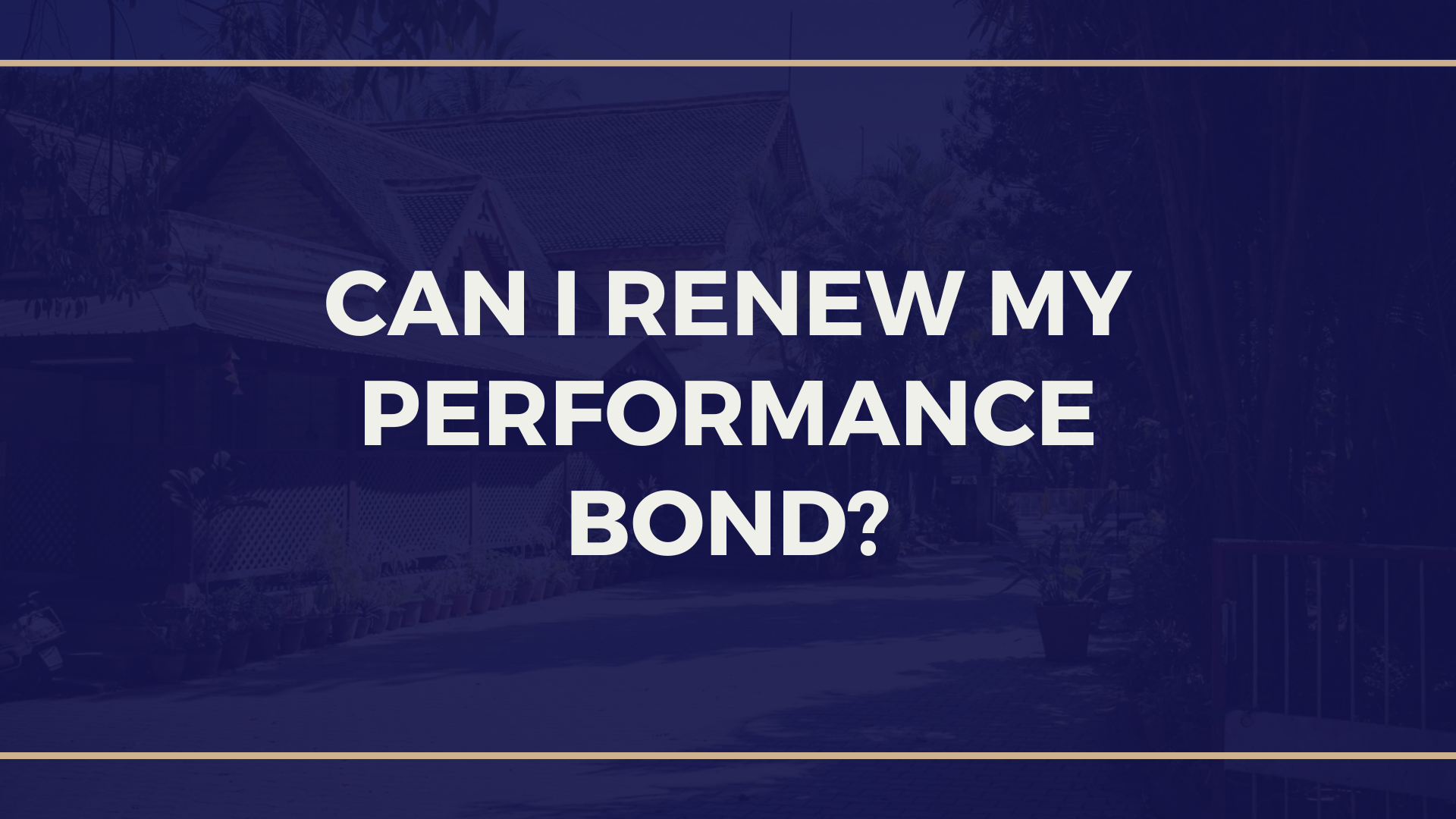Is a performance bond renewable?
A performance bond is a guarantee that the contractor will perform the work in accordance with the terms of the contract. The bond is usually issued by the contractor’s insurance company and guarantees the owner that the contractor will finish the job.
Most performance bonds are not renewable, which means that if the contractor fails to meet the terms of the contract, the insurance company will have to pay the owner. However, some performance bonds may be renewable if the contractor meets certain conditions, such as completing a portion of the work or making satisfactory progress on the project.
If you are unsure whether your performance bond is renewable, contact your insurance company or bonding agent. They will be able to tell you if your bond is renewable and whether you will need to meet certain conditions before it is renewed.
What happens when a performance bond expires?
If a performance bond expires, it means that the contractor has failed to meet the terms of the contract and the insurance company is no longer responsible for completing the job. The owner may have to hire a new contractor to finish the job or may have to sue the contractor to get their money back.
If you are an owner with a performance bond that has expired, contact your insurance company or bonding agent for more information. They may be able to help you find a new contractor to finish the job.
Renewal of a performance bond usually depends on how well the contractor is doing in meeting the terms of the contract. If they are completing a portion of the work or making satisfactory progress, then the bond may be renewable. However, if the contractor fails to meet the terms of the contract, the bond will not be renewable and the insurance company will have to pay the owner.
How long is a payment and performance bond good for?
Most payment and performance bonds are not renewable, which means they expire after a certain amount of time. The length of time a bond is good for will depend on the terms of the bond and the state where it is issued.
If you have a payment or performance bond that is about to expire, contact your insurance company or bonding agent to find out what you need to do to renew it. They will be able to tell you how long the bond is good for and what you need to do to renew it.
What does it mean to renew a bond?
When a bond is renewed, it means that the bond will remain in place after its original date of expiration. Renewing a bond simply extends the amount of time for which the owner can rely on the bond to ensure that the contractor performs the job.
Bonds are usually not renewable unless there is a minimum number of days left before they expire. However, some bonds are renewable if the contractor completes a portion of the work or makes satisfactory progress on the job.
If your payment or performance bond is about to expire and you need it to stay in place after that date, contact your insurance company for more information. They may be able to tell you whether the bond can be renewed, how long the bond will be good for, and what you need to do in order to renew it.
If your bond is not renewable, you may have to wait until after the expiration date before you can seek help enforcing any of your rights against the contractor under the terms of the contract. Renewing a bond simply extends the length of time that you can hold on to it.
When should a performance bond expire?
Most performance bonds expire after a certain length of time, such as one year. The date on which the bond expires will be printed on it and will also be stated in any contract that refers to the bond.
If a performance bond expires, it means that the contractor has failed to meet the terms of the contract and the insurance company is no longer responsible for completing the job. The owner may have to hire a new contractor to finish the job or may have to sue the contractor to get their money back.
When can you release a performance bond?
Most payment and performance bonds are not releasable, which means they cannot be released once the contractor has performed their jobs. Usually, releasing a bond requires that both the owner and the insurer agree to do so. Once a bond is released, it can no longer be used to ensure that the contractor performs their job. You may still have other options for the terms of the contract.
If you have a payment or performance bond that is not releasable, contact your insurance company or bonding agent for more information. They can tell you whether the bond can be released, how long the bond will be good for, and what you need to do in order to release it.
If your bond is releasable, you will need to contact your insurance company or bonding agent to get their approval before releasing the bond. They may require that you meet certain conditions before the bond can be released.
